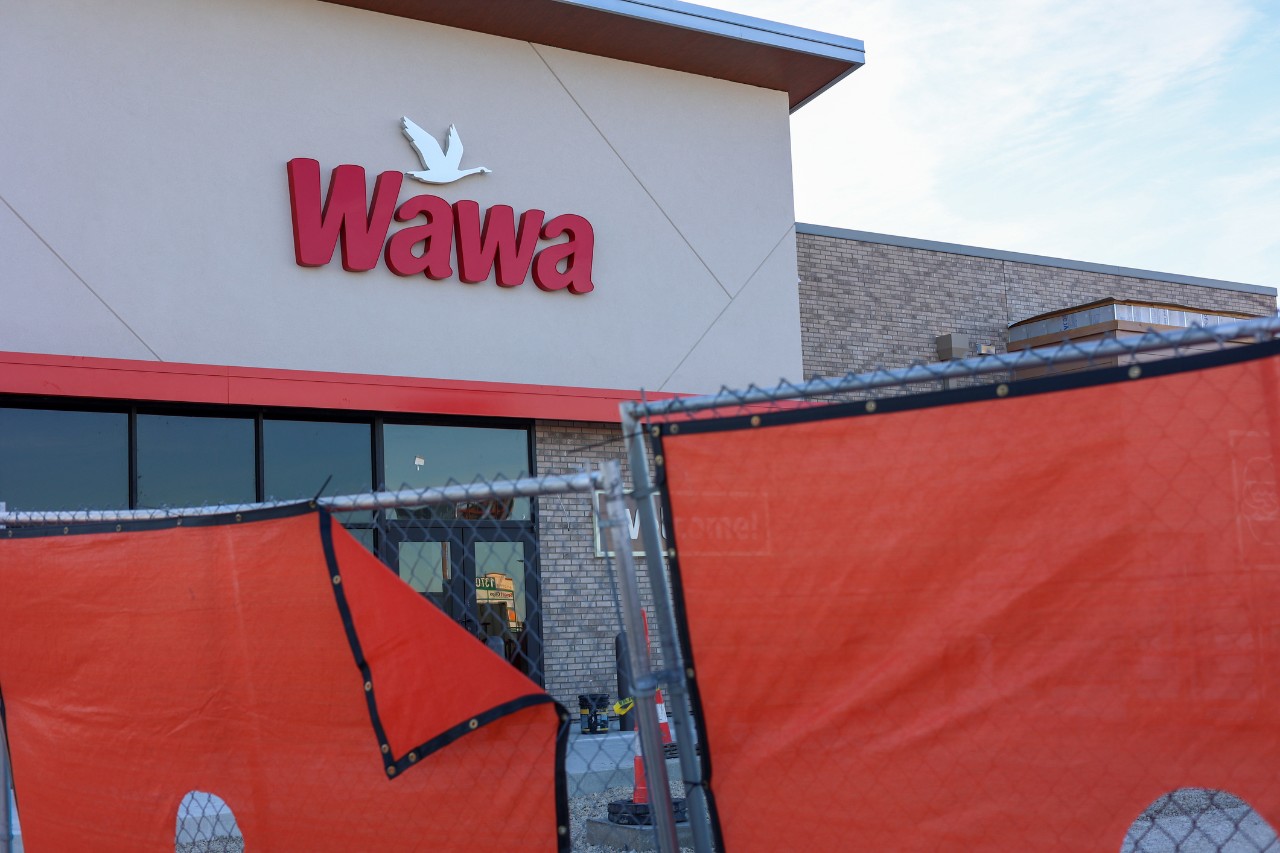
Make way for Wawa
UC economist weighs in on Cincinnati’s newest c-store
Wawa opened its doors to Liberty Township this spring to long lines and fanfare. The gas station and c-store’s expansion into greater Cincinnati comes just months after rival Sheetz opened its first southern Ohio location in Franklin last fall.
The Cincinnati Business Courier sought out University of Cincinnati professor Michael Jones’ insights on what it means for hometown giant, UDF.
Michael Jones, associate professor of economics in UC’s Lindner College of Business, told the Courier that the gas station industry is expanding beyond gasoline to boost profits as fuel margins fall flat. These offerings include the made-to-order snacks, like Wawa’s hoagies and UDF’s ice cream, that make the major players retain loyal customers.
“The only way to maintain reasonable profit margins is to differentiate yourself,” Jones told the Courier.
According to the Courier, Wawa plans to open 50 stores in Ohio over the next decade, investing more than $375 million into the expansion.
Jones warned that it is “really easy to poach” from neighboring labor forces as more c-store chains pop up in the area.
Read the Cincinnati Business Courier article.
Featured image at top: Wawa store under construction. Photo/iStock/Robin Gentry
Related Stories
Love it or raze it?
February 20, 2026
An architectural magazine covered the demolition of UC's Crosley Tower.
Social media linked to student loneliness
February 20, 2026
Inside Higher Education highlighted a new study by the University of Cincinnati that found that college students across the country who spent more time on social media reported feeling more loneliness.
Before the medals: The science behind training for freezing mountain air
February 19, 2026
From freezing temperatures to thin mountain air, University of Cincinnati exercise physiologist Christopher Kotarsky, PhD, explained how cold and altitude impact Olympic performance in a recent WLWT-TV/Ch. 5 news report.
